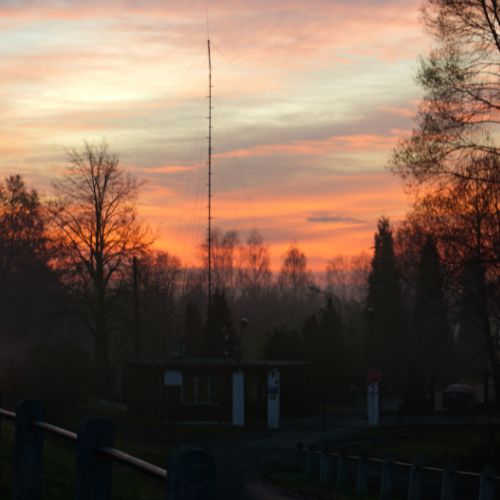
For the first time since 2007, the Federal Communications Commission has issued an update concerning the operating powers of AM broadcast stations during pre-sunrise and post-sunset hours, as affected by Daylight Saving Time.
This is the second major change since the US Energy Policy Act of 2005 altered Daylight Savings Time durations affecting local sunrise and sunset times, though the first didn’t last long.
In 2007, the FCC, under the supervision of the Media Bureau’s Audio Division, created new calculations for all eligible AM stations’ pre-sunrise authorization (PSRA) and post-sunset authorization (PSSA) and withdrew all related authorizations issued before February 1, 2007. Several days later, the Bureau announced issues with its computer systems that generated incorrect power levels. This led to a suspension of these authorizations.
Seventeen years later, the Audio Division has developed new tools to determine the allowable time-based operating parameters for AM stations. While not all AM stations may choose to utilize PSRA or PSSA due to practical or technical constraints, those interested can now apply directly through the Audio Division via a letter request to Joseph Szczesny or Jerome Manarchuck at the Audio Division via [email protected].
Requests must include the licensee’s name, station callsign, facility ID, frequency, location, and the file number of the licensed daytime facility, along with specifics regarding the type of authorization sought and the method for achieving any necessary power reduction.
When an AM radio station receives approval from the Audio Division to operate under PSRA and/or PSSA, it is provided with specific operational parameters that detail how it can operate during the periods before sunrise and after sunset. These parameters break down the permissible power levels into 15-minute intervals, allowing the station to adjust its output precisely during these times to comply with regulatory requirements.
Debate around Daylight Saving Time and whether it should be made permanent has raised the ire of AM broadcasters, who say their stations could experience reduced power and signal strength during critical morning hours in winter, potentially impacting audience reach and advertising revenue.
With assistance from Brian Winnekins.






